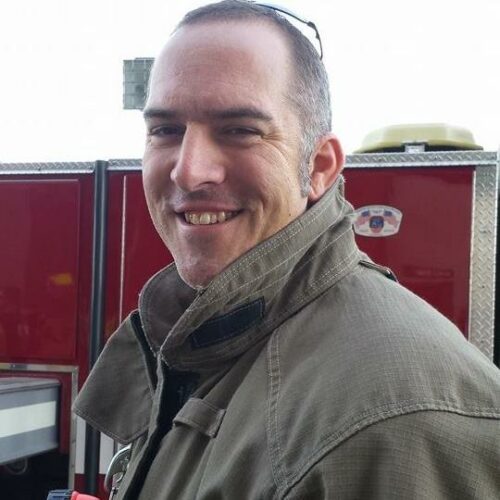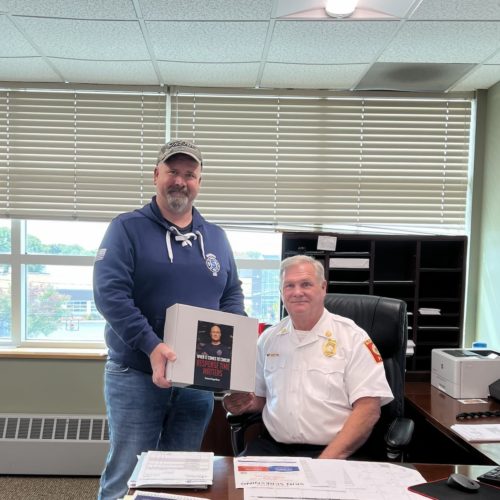
I was diagnosed with ulcerative colitis the summer following my senior year of college. I spent the following seven years going on and off steroids and numerous other medications to battle the impacts of the disease. In the summer of 2001, my body said enough, revolted, and I was forced to have corrective surgery.
For the first time since college, I no longer had to take daily medications, was able to run road races, and could travel freely without concern. Due to my increased risk for developing colorectal cancer, I was vigilant about making sure to get routinely screened (first annually and then every two years) – and, when I wasn’t, my wife was sure to remind me. Given my history of colitis, my wife was very much on top of things when my daughter began to have digestive issues of increasing severity in the summer of 2011. After numerous tests and appointments, my daughter was diagnosed with Celiac disease. We were advised to have all members of our immediate family tested for Celiac. My wife and two other children each got tested right away and were negative.
Given my busy work schedule and because I felt great, I did not get tested immediately. For reasons that were equal part concern for my health and equal part not wanting to be the only family member to be “gluten free,” my daughter kept on me to get tested. Ultimately, I relented and had the blood test – which, of course, came back positive.
“The key message in all this is to take ownership of your health and be your own advocate.”
Did I really have Celiac? I was 39 years old, felt like I was in good shape and thought I was invincible. The fact that I didn’t have symptoms and that the Celiac blood test can give you a “false positive” made me skeptical. I opted to have the results confirmed via biopsy. Since I was going to be sedated for the procedure, I asked to have my colorectal screening done at the same appointment (it had been 20 months since my last colonoscopy). The results from the stomach biopsies confirmed that I had Celiac disease and the colorectal biopsies detected the presence of an abnormal growth. I promptly changed to a gluten free diet and scheduled an appointment with a highly recommended colorectal surgeon for additional colorectal biopsies.
The additional biopsies revealed an aggressive form of colorectal cancer. Over the next nine months, I had radiation and chemotherapy, surgery to remove the cancer (which came back as Stage 3), and then more chemotherapy. I was fortunate and weathered the treatments well. I was able to work and continued to exercise regularly. I did everything I could to keep my normal routine and rested when needed. I finished treatments in December 2012. I now am scheduled for blood work once a quarter and scans twice a year – my first blood work came back all clear.
I got lucky. The combination of my daughter’s diagnosis of Celiac Disease, her prompting me to get myself tested, and my desire to accelerate my colorectal screening to avoid an additional doctor’s appointment resulted in me getting diagnosed a minimum of three months earlier than I otherwise would have. The key message in all this is to take ownership of your health and be your own advocate. When dealing with an aggressive form of cancer, there is no telling how important those months were in the cancer not spreading elsewhere.
Symptom
- was tested for celiac disease then found out during the biopsy that he also had colon cancer






